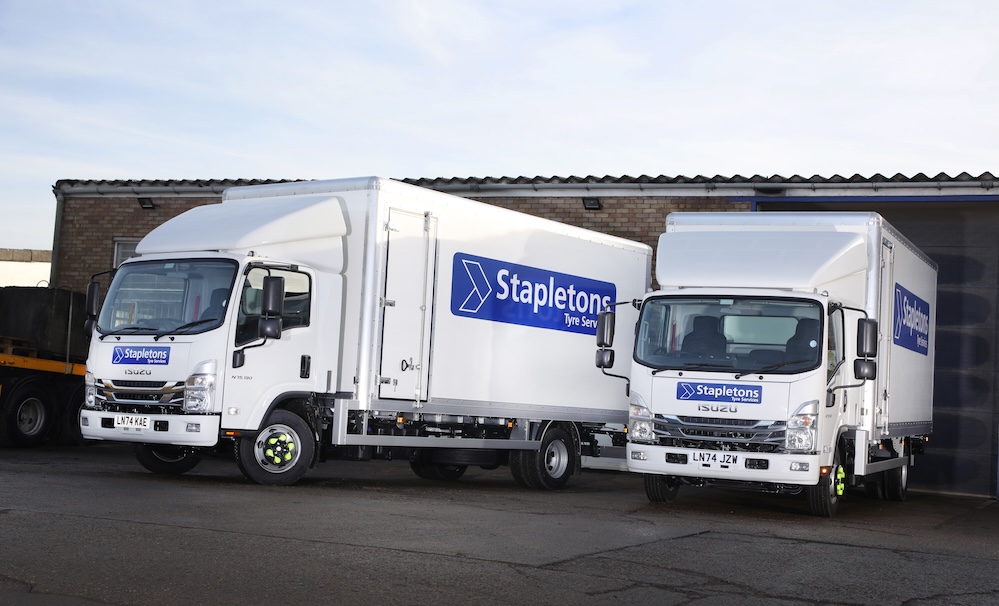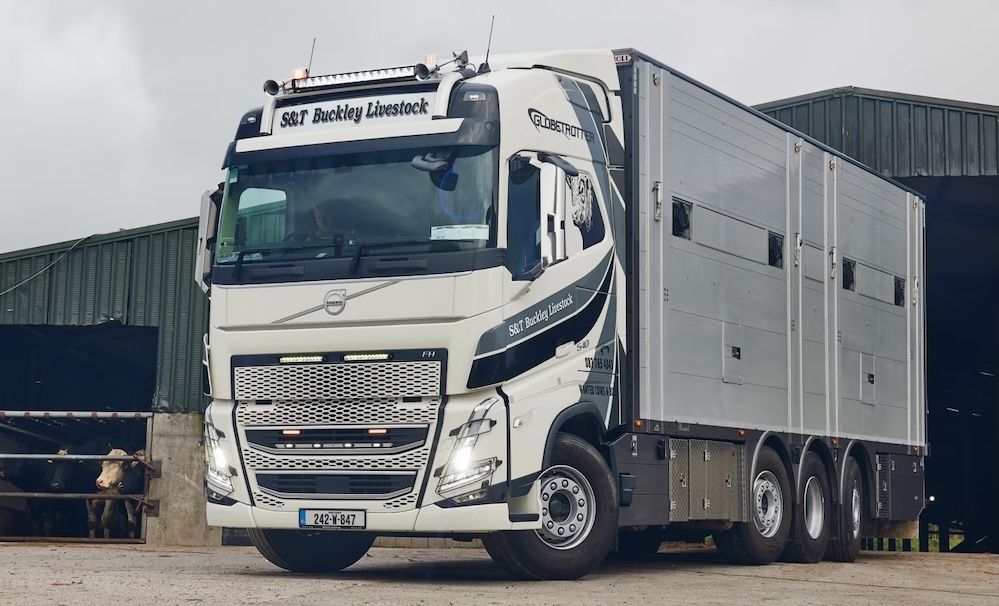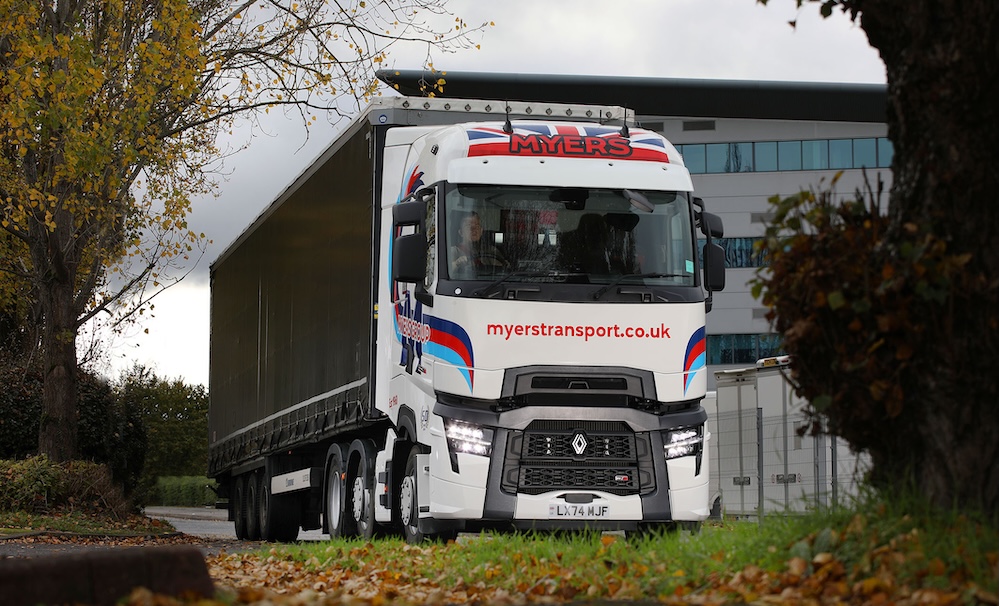Lindum Group of North Hykeham in Lincoln has added two Volvo FE 4×2 rigids and an FMX 8×4 to its Waste Recycling operation. All three trucks were supplied by Crossroads Truck and Bus of Lincoln.
Managing Director of Lindum Plant, Tom Robertson says: “These latest additions bring our fleet to 14 trucks. Although we only bought our first Volvo – an FH – back in 2010, the support we’ve had, particularly from Keith Ottley at Crossroads Truck and Bus, has seen us convert our entire truck operation over to Volvo. There is a level of trust and respect that makes me feel very comfortable about our choice.
“Furthermore the reliability, fuel efficiency and quality of the trucks means the whole package is right. The product is what I expect… and I expect a lot,” he adds.
The skiploader bodywork on the two Volvo FE trucks, both of which are equipped with short day cabs, was built by Harsh of York. The FEs are fitted with Volvo’s 7.7 litre D8K six cylinder engines producing 250hp and up to 950Nm of torque, both feature 12-speed I-Shift automated mechanical gearboxes.
“The Volvo FE ideally suits the skip business,” says Tom. “With a 3.9m wheelbase and an 18 tonne GVW we can carry our full range of skips from 6 to 14yd3 capacity, thus offering real flexibility.”
For skips larger than 16yd3 and up to 40yd3 the Volvo FMX is fitted with a Harsh HH26 hooklift for roll-on roll-off use. “The Volvo FMX, with its excellent ground clearance, can carry up to 15-tonnes, but is also suitable for bulk materials, so like the Volvo FE trucks, it fits the demands of the business,” says Tom.
At the heart of the Volvo FMX sits a 6-cyclinder, 12.8 litre, Volvo D13K Euro-6 engine developing 420bhp and up to 2100Nm of torque, which is transmitted to the road via a 12-speed Volvo I-Shift automated mechanical gearbox for enhanced fuel efficiency. “The environment and fuel efficiency are important to us,” adds Tom.
As with Volvo, Lindum Group clearly appreciates the critical importance of minimising its impact on the environment. This is evidenced through its use of low energy lighting across its premises, the use of both hybrid and electric staff cars and the utilisation of solar energy derived from panels fitted on the offices. “I would add the development of the waste recycling business, which in 2014 alone diverted some 42,000 tonnes of waste – 97% of throughput – from landfill is also a decisive environmental investment,” concludes Tom.








